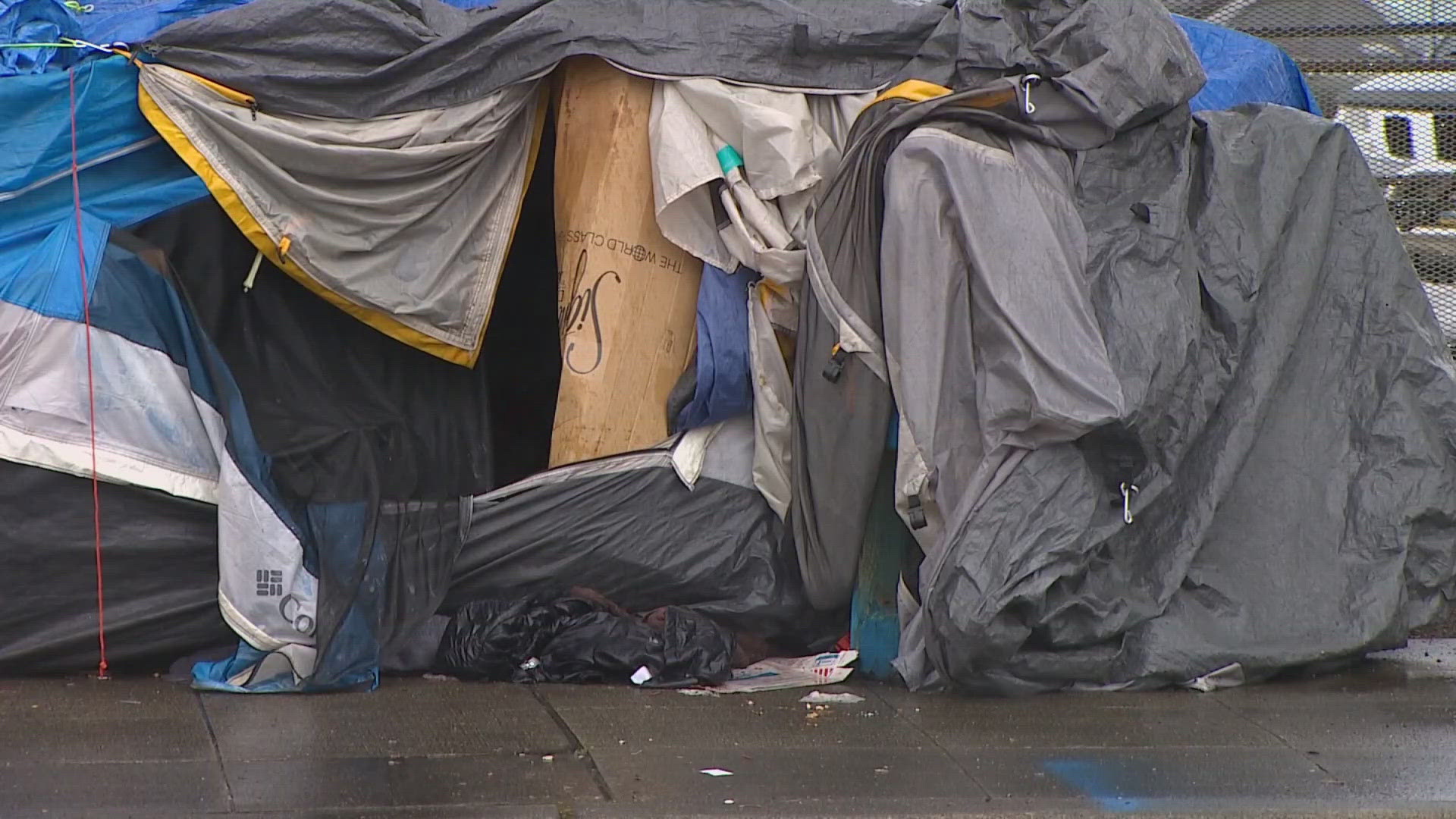Since announcing a homelessness crisis three years ago, leaders of King County and the City of Seattle have come up with a number of ideas ranging from more tiny home villages to "mega tents."
When it comes to out-of-the-box thinking though, few solutions have come close to what a relatively unknown Port of Seattle commissioner candidate brought up last year.
Ray Armistead wanted to buy a cruise ship to house the city's homeless.
As SeattleMag wrote in July 2017, the retired master mariner had his sights set on a 40,000-ton vessel. People in need of housing would live in crew quarters, while passenger rooms would be rented out for less than $1,000 a month. Some rooms would be used as a sort of hotel. He estimated it would cost $20 million to get an old cruise ship up and running.
Armistead's idea never came to fruition. He received 1.5 percent of the vote in the primary for commissioner position No. 4.
But he wasn't the first to pitch the idea. And he wasn't the last.
Ken Capron, the founder of MemoryWorks in Portland, Maine, believes it could work. Earlier this year, he was applying for a $250,000 grant through the Robert Wood Johnson Foundation to study the idea. A spokesperson for the Foundation wasn't allowed to say anything other than, if it was formally submitted, it's likely currently under review.
Capron points to other places in the world that have studied similar concepts to house refugees and other people in need. After the 6.9 earthquake in the Bay Area in the 1980s, the USS Peleliu sheltered 300 victims while providing additional support. Years later, after the Peleliu had been decommissioned, a former San Francisco mayor suggested the assault ship be converted into a shelter capable of housing the city's homeless population.
It may seem far-fetched, but its an alternative to solutions that are receiving pushback from other residents who don't want shelters near their homes, Capron says.
"This could help avoid the NIMBY [not in my backyard] stigma ..." he said.
It would cost millions to purchase a cruise ship. However, Capron says it could be up to five times cheaper than building a new facility on land.
His pitch isn't far from that of Armistead's. There would be shelter space, with additional low-income housing, space for on-sight social services, and even rooms that would be rented out to help keep things running. The idea, he says, is that people would step off the ship either weeks or months later with job training and, ideally, their own place to live.
There are obvious concerns, however. Besides the essentials, such as heat and drinkable water, there is the issue of disease quickly spreading through such a vessel. Plus, there are a lot of hoops a city would have to jump through in order to make Capron's idea become reality.
But he says maybe now isn't the time to be picky about how we house homeless people.
There are approximately 6,500 homeless people in the state of Maine. King County alone has a homeless population of more than 12,000 earlier. Washington state's homeless population has increased to around 22,000.
"People don't seem to realize we're in a desperate mode," he said. "And desperate situations call for desperate solutions."
Of course, there's no guarantee it would work. Capron says he just wants to study the idea further.
As Capron continues down this path, the City of Seattle is poised to spend $89.5 million next year on homelessness. It is an increase of about $3 million over what it will spend this year.
King County has been told it needs to spend hundreds of millions in order to properly address the homelessness issue. Meanwhile, leaders are coming up with their own creative solutions, including using a portion of the King County Corrections Center as an emergency shelter.
Many people agree that more affordable housing and permanent supportive housing is the solution. But with minimal increases in the amount of funding local jurisdictions have to spend, it appears that the homelessness issue won't be solved soon.




